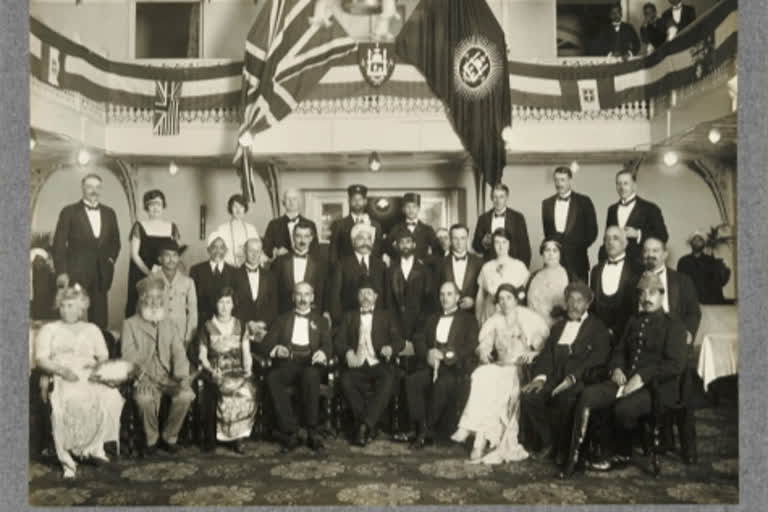Dehradun: For two hundred years of its existence, Mussoorie has been host to the rulers of Afghanistan. These include those who have either been interned or exiled from their homes to these backwaters of the hills. Our list begins with Emir Dost Mohammed Khan, the founder of the Barakzai dynasty and one of the prominent rulers of Afghanistan during the First Anglo-Afghan War, who was housed in Bala Hisar in 1840.
Amir Dost Mohammed Khan had been brought to be kept safely in Dehradun by the British. However, he was keen to go up to the nearby Himalayan foothills where game was plentiful and he could spend hours pursuing his favourite hobby. This arrangement suited the British rulers, for all they had to do was ensure that the seven-mile long bridle-path bristled with troops.
No one could sneak in and no one could sneak out. Two years later, he was restored to the throne in Kabul, but by then he had introduced the aromatic basmati rice (baas and maati or scent of the earth) from his home in Kunar, Afghanistan to the Doon valley.
In the spring of 1880, the 50-acre Bellevue estate, beyond the Mussoorie Library, housed another Emir of Afghanistan, a grandson of Dost Mohammed, Mohammad Yaqub Khan and his entourage. They had travelled outside Jalalabad to sign the Treaty of Gandamak, whereby he ceded his territory to British control, famously saying: ‘I would rather work as your servant, cut grass and tend your garden than be the ruler of Afghanistan.’ He left behind his son Sher Ali on the throne as the Emir. It was Sher Ali’s refusal to accept a British Mission in Kabul that sowed the seed for the second Anglo-Afghan war.
Walking around the looming ruins, the fallen columns of stone, I think of a thirty-something-year-old, dressed in shimmering white (if you ignore the gold tassels dangling from his epaulettes) chafing at the bit. It is true that while he was granted access to the hot spots, there was always an escort or a detail of troopers trailing after him. They were the finest pick of the Northumberland Fusiliers (or the 5th Foot) led by J. C. Fisher, a British Political Officer.
Also Read: The wrong side of the camera
Fisher could not figure out his charge’s habit of suddenly spurring his pony into a gallop, without any warning to his companions. These bursts of speed became more and more frequent but the officer dismissed it as a mere quirk.
Up until the day he stopped at the fork in the road near the old Library to chit-chat with a friend. To his abject horror, he saw the Amir hightailing it at a gallop down the road to Rajpur and to freedom. A whirlwind pursuit ensued, involving the taking of many a precarious shortcut. On his return, a detailed report of the incident was submitted to the Governor-General.
‘Don’t hurt one hair on his head,’ came the laconic reply. And that was that. Orders were orders that had to be obeyed. History takes no orders. Who can defy the sands of time? By the 1960s, the delicate blue-and-white Cantonese tiles (brought all the way from China to decorate the verandahs of Bellevue) had begun to chip. Vandals pried them as mementoes. The angry owners in Calcutta (now Kolkata) decided to demolish the building.
As I stand on this wind-swept spur, I cannot help but wonder if the Emir Yaqub Khan, his sirdars and risaldars had dreams of their mountain home in the sun-singed Hindu Kush? Did they hear the muffled sounds of a caravan of wizened traders shuffling along the rock-strewn paths of the Hindu Kush?
When he passed away in 1923, he had been here for 43 years. He was not even an invitee at the Third Anglo-Afghan Conference in 1920 at the Savoy Hotel. It saw another Afghan King, the diminutive Amanullah Khan, sign the treaty and celebrate it by building the Amanatulla Mosque in Library.
Torn from their home, from the familiar and to weave a forlorn tapestry of memories. Human history can be like the floodwaters of a river in flood carrying the debris of many civilizations.



